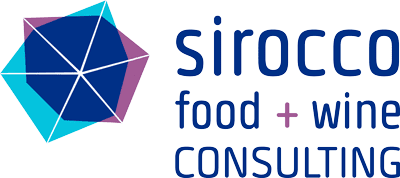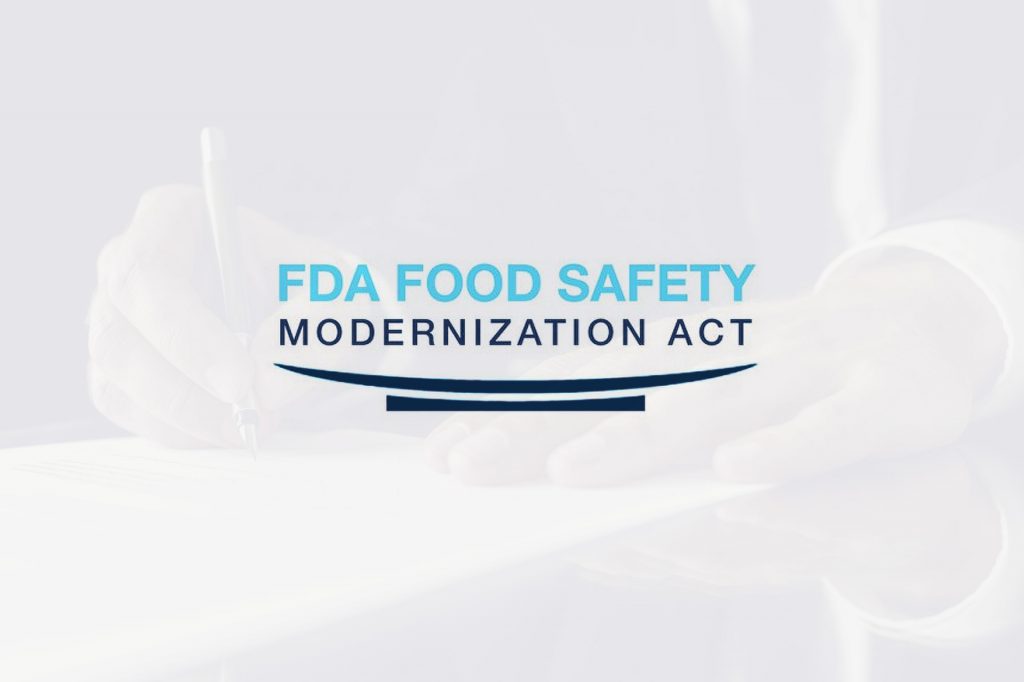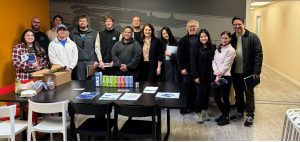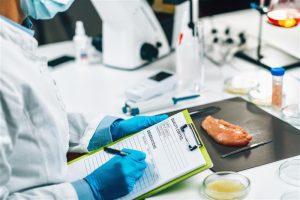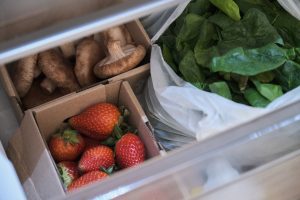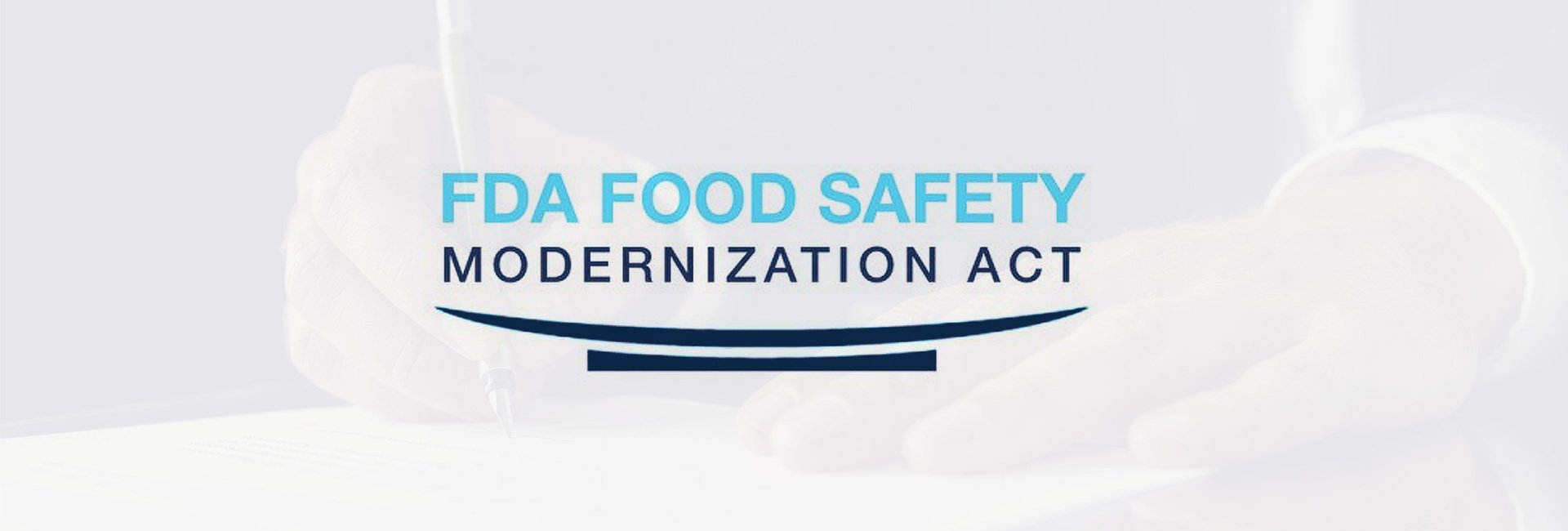
Food Safety Modernization Act (FSMA)
The Food Safety Modernization Act was signed into law by President Obama on January 4, 2011. The new legislation which covers food products subject to FDA oversight, aims at protecting public health by strengthening the food safety system. Included in the scope of the law are both domestic and imported food sold in the United States.
The core requirements of the act comprise seven final rules, two of which address food imports from foreign suppliers. With earliest compliance timelines set at May 2017, food importers to the U.S. must start familiarizing themselves with the foreign supplier approval and verification rule and the accredited third party certification rule. Provisions for the safety of imported food are aligned with food safety requirements applicable to domestic manufacturers. Under FSMA, food includes animal food (cattle feed and pet food) which is therefore expected to be produced following the same standards as human food.
Foreign Supplier Verification Program (FSVP)
The enactment of the act is a response, in part, to a steady rise in food safety recalls involving tainted food, but it is also intended to target food adulteration for economic gain. Under the Foreign Supplier Verification Program or FSVP, food importers must implement a supplier-approval program and conduct verification activities. Verification activities are mandated for significant food safety hazards and must be conducted following a risk-based approach. For traceability reasons and to facilitate enforcement, the FDA also requires importers to identify at the point of entry using a unique identifier (DUNS number). FDA intends to publish and maintain a list of importers participating in the FSVP program.
Under the FSVP rule, a business qualifies as a food importer if it has a financial investment in the imported food. It may be the consignee of the food at the time of entry or the U.S. agent or representative of the foreign owner or consignee at the time of entry. In the latter case, the importer, once identified, must confirm status by signing a statement of consent. The foreign supplier, on the other hand, is defined as the establishment that manufactures/processes the food, raises the animal, or harvests the food that is exported to the United States without further manufacturing/processing by another establishment, with the exception of holding, packaging or labeling.
In order to be compliant with FDA import requirements, the importer must recruit a “qualified individual” to perform a risk analysis of the imported food. The assessment, which follows HARPC principles, takes into account the nature of the product, the food process and the manufacturing location. The determination of significant hazards that may affect public health warrants the development and implementation of supplier approval procedures to verify that food safety controls are validated and consistently implemented. The verification activities of the foreign supplier’s food safety plan are based on risk and may include a third-party audit performed by a “qualified auditor”, a review of receiving records and/or the periodic testing and sampling of shipments to confirm adherence to food safety specifications. Foreign supplier programs must be reviewed every 3 years by the importer or when changes occur.
Exempt from the FSVP Program
Modified requirements exist for small businesses and specific food products such as dietary supplements. The following food products are exempted from the FSVP program:
- Juice, fish, and fishery products under FDA jurisdiction (already subject to HACCP requirements)
- Low-acid canned foods (LACF) and some LACF ingredients (exemption applies to microbiological hazards only)
- food used for research or evaluation (ex: food offered at trade shows)
- food for personal consumption
- alcoholic beverages
- food that is trans-shipped
- food imported for processing and future export
- food exported from and returned to the United States without manufacturing/processing in a foreign country
FSVP record-keeping requirements are also less stringent if the imported food originates from a FDA-approved country that offers the same level of food safety protection as that of the United States.
Furthermore, food importers also have the flexibility to identify the imported food as requiring further processing for safety. This option applies to food products that will be further processed by a subsequent stakeholder prior to reaching the final consumer. This can be achieved by labeling the food (“To be further processed to control [hazard x]”) and obtaining written assurances from the customer and other stakeholders that it will be further processed as per the importer’s food safety assessment.
The FDA has also published provisions for the voluntary participation of eligible businesses into the voluntary qualified importer program (VQIP). VQIP is fee-based and provides qualified importers and eligible entities such as registered foreign facilities, the ability to expedite the review and entry of food into the United States. Under VQIP, unannounced, consultative and regulatory audits are performed by qualified auditors to ensure compliance to FDA requirements, industry standards and practices. FDA-approved third party audits are subject to reporting and notification. Guidance information on the implementation of VQIP is forthcoming and final documents are expected to be released once the FDA reviews stakeholders’ input.
